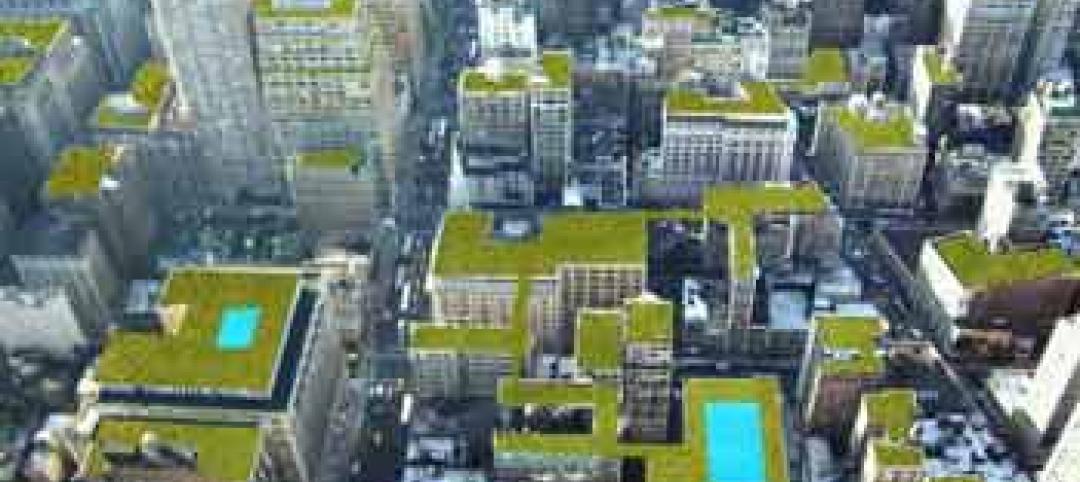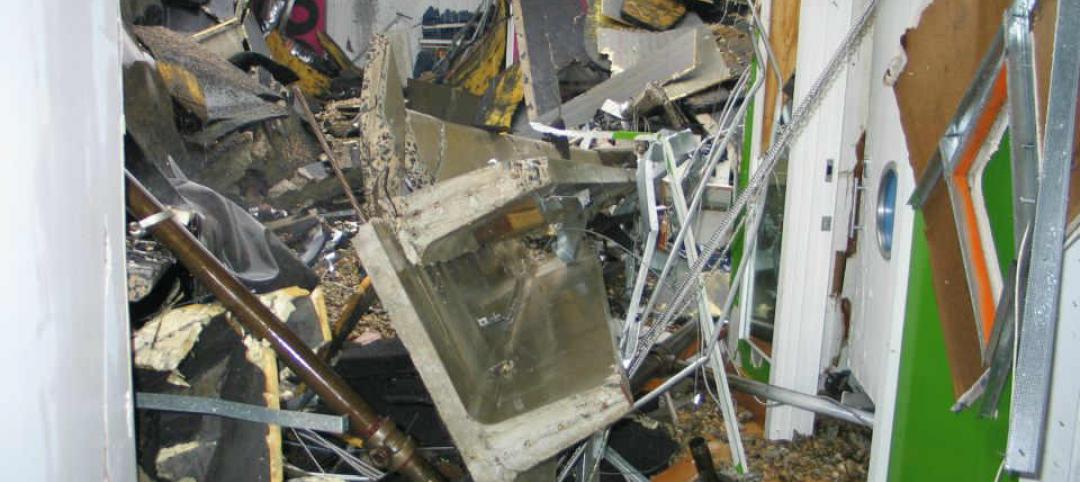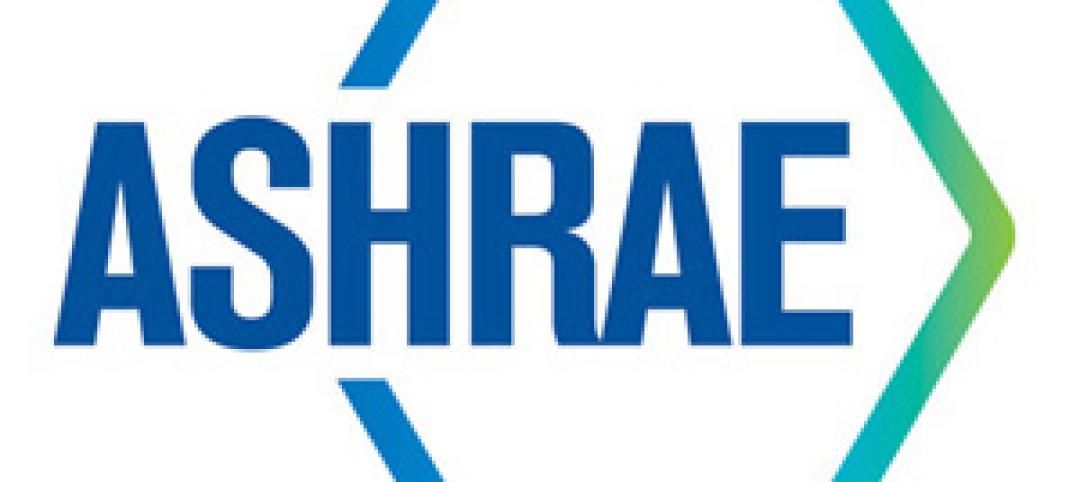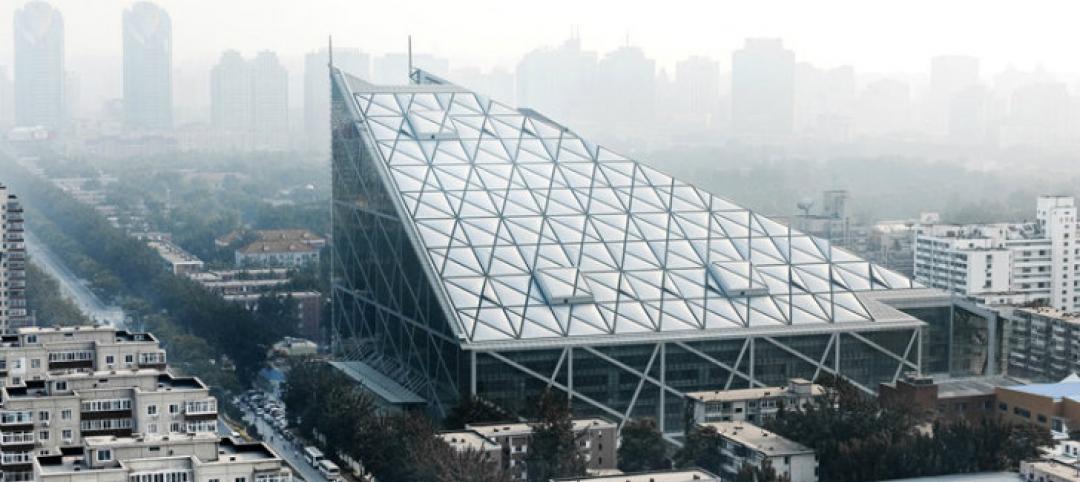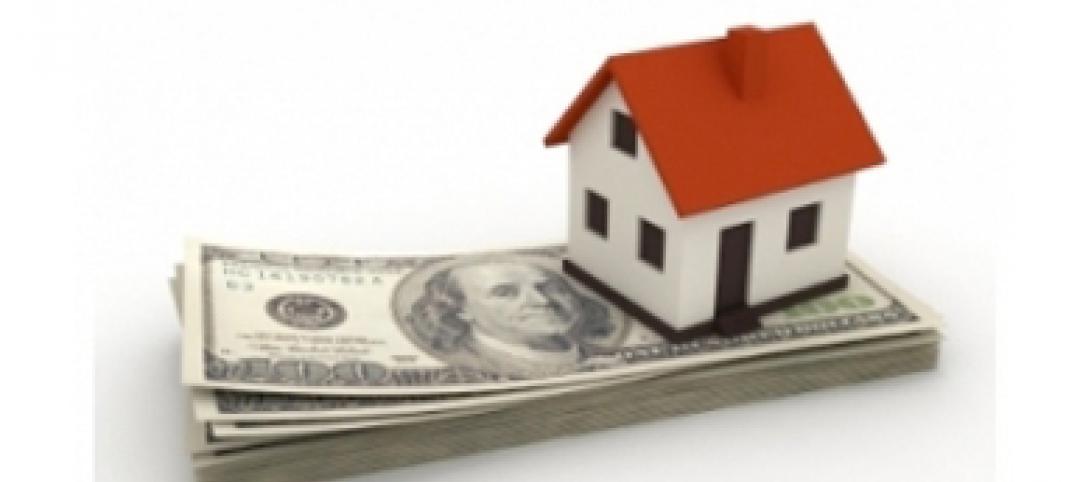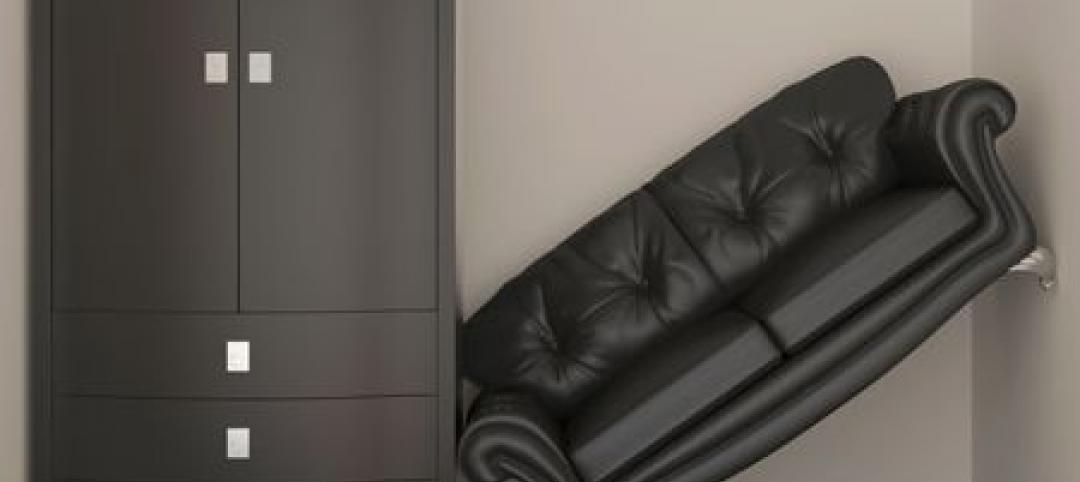Ten prominent real estate groups have signed on as partners in New York State's $50 million Empire Building Challenge, an effort to make high-rise buildings carbon-free.
Challenge partners collectively control over 130 million sf of real estate in New York State, including more than 250 buildings that contain affordable housing. The partners have each pledged to achieve carbon neutrality in one or more of their buildings and in more than 700 units of affordable housing collectively. They also have the potential to scale efforts across their portfolios to more than 25,000 units of affordable housing. Exceeding program requirements, Vornado, Empire State Realty Trust, and Rudin Management Company have all committed to achieving carbon neutrality in their entire real estate portfolios.
Partners will choose technology and innovation experts to help develop a replicable low-carbon retrofit solution proposal for addressing one or more barriers to achieving decarbonization in their buildings. Partners can submit retrofit solution proposals to the state to be evaluated competitively for up to $5 million to support development and implementation of their proposal.
Proposals will be evaluated based on a project’s scalability and feasibility in addressing the major challenges of decarbonizing high-rise buildings, and also on the building owner's willingness and ability to implement solutions across their portfolio.
Related Stories
| Aug 2, 2012
Greenbuild summit will focus on greening affordable housing
A two-day summit focused on green building in the affordable housing market will be held Nov. 13 - 14, 2012 in San Francisco, Calif. at the Greenbuild International Conference & Expo.
| Aug 2, 2012
More than 250 downtown El Paso, Texas buildings don’t meet safety codes, says city’s fire department
A total of 726 buildings were inspected for unsafe conditions, and 266 did not meet safety codes, while 112 buildings were found to be vacant and needed further inspection.
| Jul 26, 2012
Wisconsin may establish stormwater storage requirement for green roofs
Green roofs and other green infrastructure would be required to capture stormwater under a draft state wastewater discharge permit from the Milwaukee Metropolitan Sewerage District.
| Jul 26, 2012
SouthPark Mall in Charlotte reopens after heavy rains collapse part of its roof
Code enforcement officials in Charlotte, NC gave the okay for the SouthPark Mall to reopen after two parts of its roof collapsed following heavy rains last week.
| Jul 26, 2012
New NRCA photovoltaic roof systems guidelines released
The National Roofing Contractors Association’s update of its Guidelines for Roof Systems With Rooftop Photovoltaic Components is now available.
| Jul 26, 2012
DOE/ASHRAE design guide aims to cut energy use at hospitals, schools, retail stores
The Advanced Energy Design Guidelines from the Department of Energy and the American Society of Heating, Refrigerating and Air Conditioning Engineers aims to provide ways for hospitals, schools, and large retail buildings to trim their energy consumption by 50%.
| Jul 19, 2012
Bayview Property Managers agrees to record $800,000 building code fine
A San Francisco property-management company has agreed to pay a record $800,000 civil fine for hundreds of building code violations at rental properties.
| Jul 19, 2012
Glass ‘biodome’ helps Parkview Green FangCaoDi project in Beijing achieve LEED Platinum
A glass envelope acting as a kind of biodome encapsulates four mixed-use towers at Parkview Green FangCaoDi, an 800,000 sf mixed-use development in Beijing. The glass structure helped the development to achieve LEED Platinum certification.
| Jul 19, 2012
UMass-Boston's Bevington: 'Financing alternatives crucial to energy-efficiency upgrades'
It’s conceivable that innovation in project finance can do for building efficiency in the coming century what 30-year mortgages did for home ownership in the last, this article asserts.
| Jul 19, 2012
NYC eases building code to create ‘micro apartments’ in Kips Bay
New York City has implemented a program to encourage construction of "micro-apartments" in the Big Apple, where rents are exorbitant and the number of singles is on the rise.





